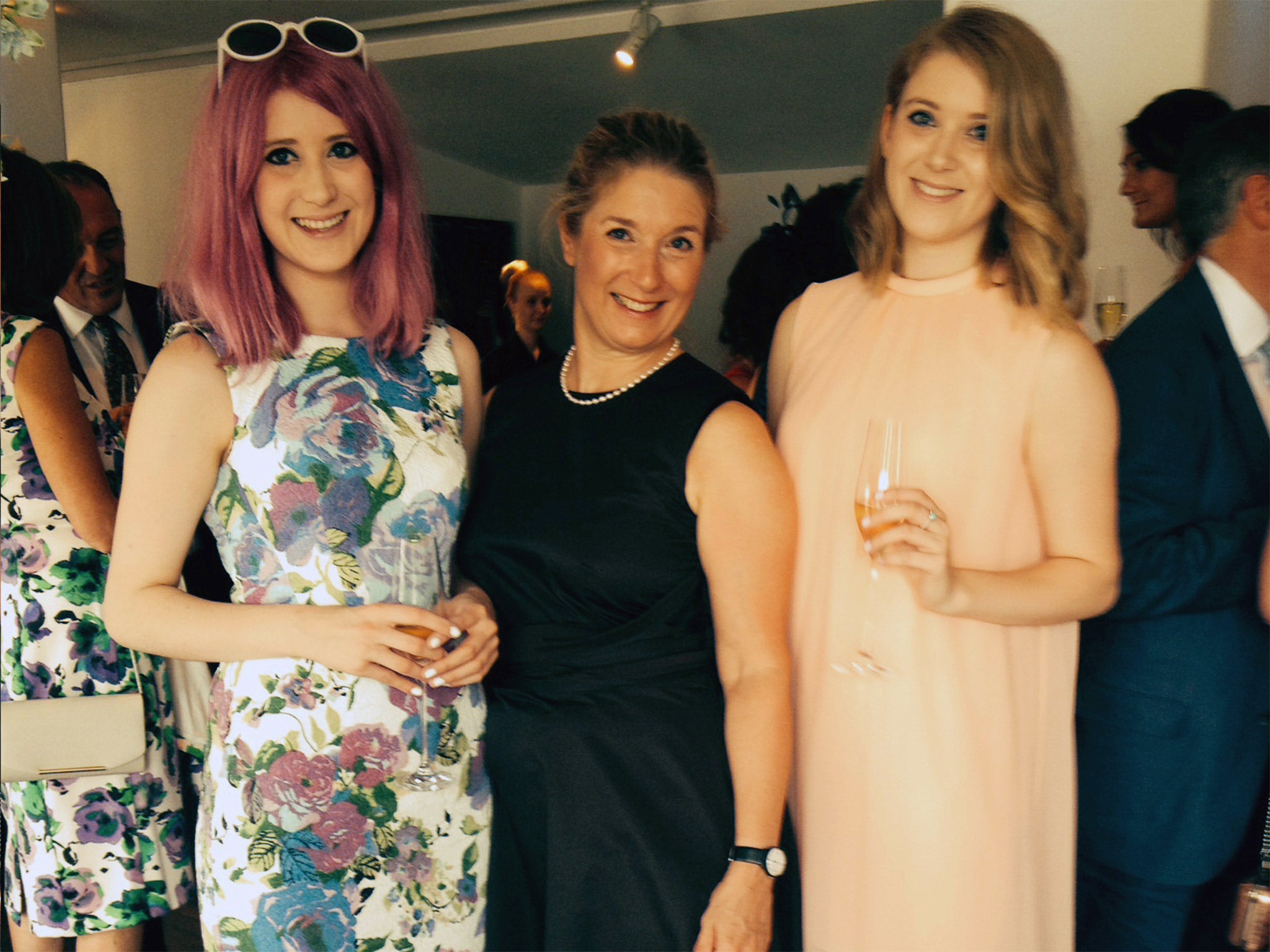My NHS: The humanity shown to my mum is not easily forgotten
I am indebted to the NHS, and not just for saving her life


Your support helps us to tell the story
From reproductive rights to climate change to Big Tech, The Independent is on the ground when the story is developing. Whether it's investigating the financials of Elon Musk's pro-Trump PAC or producing our latest documentary, 'The A Word', which shines a light on the American women fighting for reproductive rights, we know how important it is to parse out the facts from the messaging.
At such a critical moment in US history, we need reporters on the ground. Your donation allows us to keep sending journalists to speak to both sides of the story.
The Independent is trusted by Americans across the entire political spectrum. And unlike many other quality news outlets, we choose not to lock Americans out of our reporting and analysis with paywalls. We believe quality journalism should be available to everyone, paid for by those who can afford it.
Your support makes all the difference.My mum picked me up from my ballet class in her pale blue Peugeot at 6.30pm every Wednesday. But this time it was my step-dad’s car waiting for me in the playground. Bright red. A warning sign.
My mum, Miranda, doesn’t remember being rushed to hospital, the pain was that excruciating. But although the details are hazy, when we talk about her illness and the emergency home visit from the GP who saved her life, she recalls an overwhelming sense of calm and quiet efficiency – despite the blue flashing lights. All the steps were taken; everything that needed to happen happened. She says now that she felt very safe.
Meningitis and encephalitis: damage to the inside and the outside of the brain. She was left with epilepsy and severe memory loss. She had no idea which city she was living in, who she was married to, or what age her five-year-old twins were.
“All of my life experiences were messed up,” she says. “Once I was medically fit, the biggest fear for my family was how we would live with my brain damage.”
The National Health Service – in particular a friendly psychologist called Linda – was instrumental in my mum’s recovery. Not only did the NHS restore her physically, it also nurtured her mentally, giving her the post-hospital care she needed to salvage some semblance of normality.
Linda visited every week, teaching my mum how to perform the simplest of tasks; from making a cup of tea to taking our dog for a walk. Living with memory loss is terrifying, especially when you have two demanding children to bring up, a husband to love, and an entire lifetime to relearn. Together they made detailed instructions for each task so my mum wouldn’t get confused or scared.
Linda still writes to us to check our progress, almost two decades later. My mum, who to this day uses the cognitive strategies put in place by her, credits the psychologist with instilling in her the bloody-mindedness she needed to recover.
A few years ago, my mum ran into the GP who visited our house on that fateful day; the one who called the ambulance within minutes of examining her. She thanked him for saving her life. Apparently he blushed humbly, smiled kindly and said: “Yes, I remember.”
The National Health Service didn’t just save my mum’s life one horrible Wednesday night in 1996, it has shown her great compassion ever since. Memory loss or not, that kind of humanity is not easily forgotten.
Join our commenting forum
Join thought-provoking conversations, follow other Independent readers and see their replies
Comments